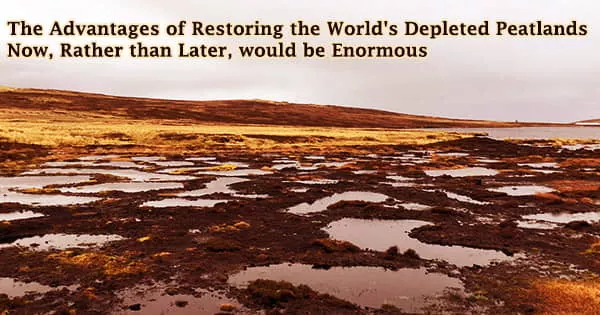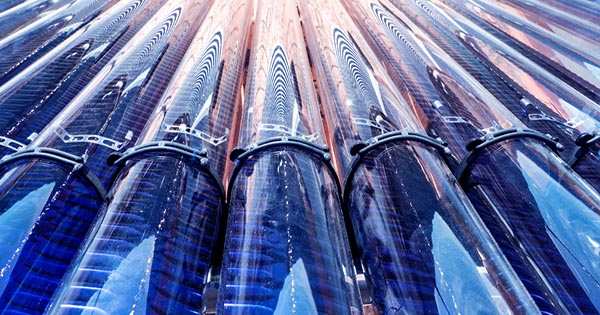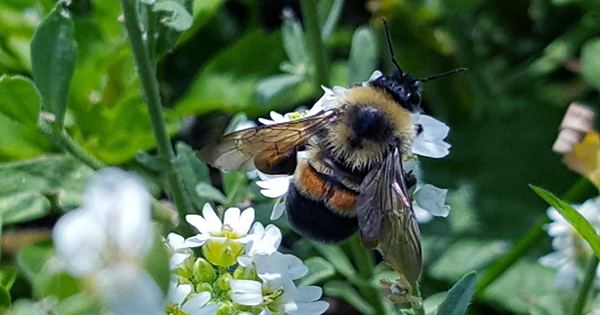According to a recent study, restoring the world’s depleting peatlands now, rather than later, would have huge economic advantages for society. For the first time, new research has assessed the monetary costs of delaying the restoration of a natural resource that plays a critical role in the global ecosystem, including decreasing greenhouse gas emissions.
Researchers looked at how improving peatlands that had been damaged by drainage, erosion, or fire might benefit society. They assigned a monetary value to the social advantages of restoration, such as reduced greenhouse gas emissions, better water quality, and improved animal habitat.
The study focused on Scotland, where peatland covers 20% of the land area, and found that restoring the peatland by 2027, rather than 2039-2050, would yield £191 million in yearly social benefits.
If restoration work was done between 2028 and 2038 instead of 2039 and 2050, benefits would be lower, but still considerable, at £116 million. Professor Julia Martin-Ortega of the School of Earth and Environment at the University of Leeds is a co-author of the article, which was published in Global Environmental Change.
She said: “We should be restoring peatlands now, rather than postponing it.”
“Policymakers are debating whether and how to invest in ecosystem restoration as the climate catastrophe intensifies.”
“Peatland restoration should be a priority. The more we delay it, the more we lose, not just in terms of the benefits to the environment, but in monetary terms to society as a whole.”
Peatlands, also known as bogs, quags, and mires, occupy more than 400 million hectares worldwide, accounting for 3% of the Earth’s surface. They store a third of all carbon in the world’s soils, making them the biggest and most space-efficient carbon storage of all terrestrial ecosystems.
Peatlands provide a variety of benefits in addition to carbon storage, such as clean water and wildlife habitat. Peatlands have been utilized for fuel in the past, and burning, drainage, and forest growth have all had an impact on peatland environments.
As a result, huge areas of peatlands have been destroyed, and their benefits have been weakened or endangered. It is estimated that the bulk of carbon now stored in UK peatlands will be at danger by 2050, with the risk increasing significantly by 2080.
An earlier research found that restoring peatland has societal advantages that outweigh the expenses of restoration. According to a current study, if restoration is delayed, a considerable portion of those societal advantages would be lost.
Researchers from the University of Leeds, Scotland’s Rural College (SRUC), the University of Exeter, Germany’s Leibniz Centre for Agricultural Landscape Research, and Biomathematics and Statistics Scotland (Bioss) collaborated on the project.
Research paper lead author Dr. Klaus Glenk, who leads the Sustainable Ecosystems Team at SRUC, said:
“Delaying restoration action may not only result in further ecosystem degradation, but also negatively impact on ecosystem resilience. Peatlands with a healthy cover of peat moss are expected to be less susceptible to future climate change.”
“This also suggests that by recovering peatlands sooner rather than later, significant extra greenhouse gas emissions that exacerbate global warming in the long run might be prevented.”
“Our study indicates that the enhanced robustness of peatlands against future climate change is an important factor for greater benefits of early, rather than delayed, restoration action.”
“Our research shows that the annual allocation of investments within the multi-annual programme has significant consequences for overall benefits.”
Peatlands are degrading to the point that they might release more carbon than they contain right now. According to the report, stopping this practice would have both environmental and economical advantages.
The study looked at the advantages of peatland restoration in Scotland between 2050 and 2080, assuming a hypothetical peatland restoration program. In Scotland, restoring now (before 2027) rather than later (2039-2050) would result in an estimated annual benefit of £77.76 per household.
The researchers discovered that restoring peatland in Scotland now, rather than later, would result in a social gain of £191 million per year. Dr Glenk added: “Delaying peatland restoration not only means more carbon loss to the atmosphere, but more economic loss.”
“Not only do we need to restore peatlands, but we cannot delay it or we will actually lose out in terms of benefits to society.”
The study comes as important choices about anticipated investments in peatland restoration are being made. Since February 2020, the Scottish Government has pledged more than £250 million in investment over the next 10 years in Scotland alone.
The researchers claim that their findings have worldwide significance when considering that CO2 emissions from virtually all drained peatlands across the world would have to be halted in order to attain climate neutrality by 2050, as stipulated by the Paris Agreement.
















